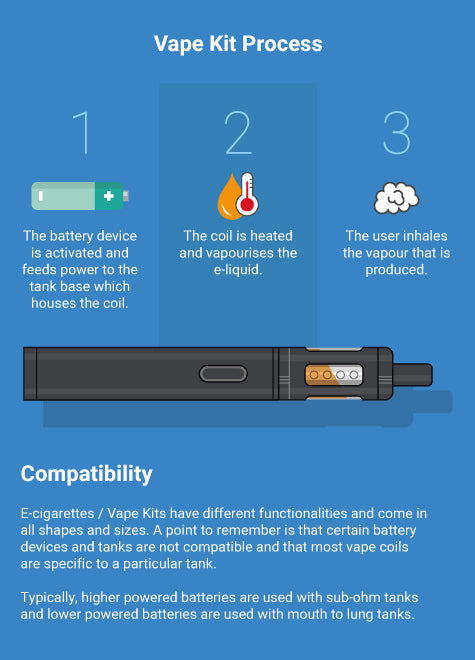Overview
Juul is a brand of electronic cigarette that gained significant popularity, particularly in the United States, after its launch by Pax Labs in 2015. Juul Labs later became an independent company. It is distinguished by its sleek, USB flash drive-like design and its use of nicotine salt-based e-liquids in disposable pods.
Key Features and Technology
- Design: Compact and discreet, resembling a USB drive, which contributed to its initial appeal and ease of concealment.
- Nicotine Salts: Juul utilizes nicotine salt formulations in its e-liquid pods. This technology allows for a higher concentration of nicotine to be delivered more smoothly and rapidly into the bloodstream compared to freebase nicotine found in many earlier e-cigarettes. This delivery system is intended to more closely mimic the nicotine absorption profile of a conventional cigarette.
- Pod System: It operates using pre-filled, non-refillable “Juulpods.” Each pod contains e-liquid with a specific nicotine concentration (historically offered in 5% and 3% nicotine by weight in the U.S. market).
- Ease of Use: The device is designed for simplicity, typically being draw-activated, meaning it produces vapor when the user inhales, without the need for buttons or complex settings.
Market Impact and Controversy
Juul experienced exceptionally rapid market growth, quickly becoming the dominant e-cigarette brand in the U.S. market. However, its rise was accompanied by significant public health concerns and intense regulatory scrutiny.

Key areas of controversy include:
- Youth Appeal and Use: Juul became immensely popular among underage users, leading to accusations that its product design, initial marketing strategies, and appealing flavors (many of which were subsequently restricted or discontinued) contributed significantly to a youth vaping epidemic.
- High Nicotine Concentration and Addiction Potential: The high nicotine content delivered by Juulpods raised concerns about the increased risk of nicotine addiction, particularly among young users whose brains are still developing and are more vulnerable to the effects of nicotine.
- Regulatory Actions and Scrutiny: The company has faced numerous investigations, lawsuits, and stringent regulatory actions from bodies such as the U.S. Food and Drug Administration (FDA). These actions have included restrictions on the sale of flavored products, enhanced marketing oversight, and ongoing review processes for product authorization to remain on the market.
Current Status and Considerations
While Juul’s market share has decreased from its peak due to regulatory pressures, increased competition, and legal settlements, it remains a notable product in the e-cigarette category. The company has publicly stated a shift in focus towards providing an alternative for adult combustible cigarette smokers and implementing measures to combat underage access and use. The broader discussion continues regarding the balance between the potential harm reduction benefits of such devices for adult smokers and the public health risks associated with youth initiation and nicotine dependence.










